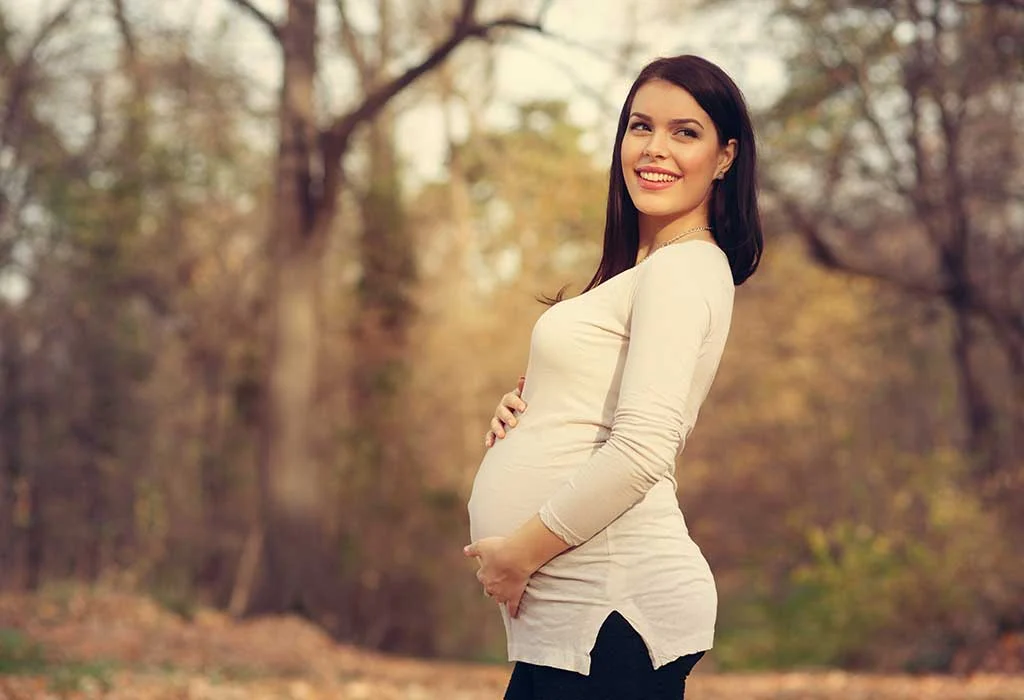It’s hard to be a parent in a world flooded with studies popping up everywhere online. A recent piece on The New York Times’ Motherlode blog dissected the tough choice of using antidepressants during pregnancy, suggesting links to autism in children. After reading it, I felt a wave of anxiety wash over me, but I also chuckled a bit—yes, the decision is tough, but it’s not the end of the world.
I speak from experience: I’m a mom who deals with anxiety. Not the cute, relatable kind where you fret about your baby’s diaper color and texture, leading you to indulge in a glass of wine. No, I’m talking about the heavy, gnawing kind—where sleepless nights are spent inhaling essential oils in the bathtub, terrified I’ll forget how to breathe if I actually fall asleep.
I’ve tried just about everything to manage my anxiety naturally: therapy, healing rituals, acupuncture, an arsenal of essential oils, drastic dietary overhauls, yoga, mindfulness exercises, and herbal supplements. These approaches offered some relief but were akin to taking ibuprofen for a severe migraine—the pain still loomed large, disrupting my ability to thrive, let alone just function.
Something was off in my brain chemistry, and I was stuck in a state of hyper-vigilance, constantly on guard for perceived dangers. For nearly two decades, I relied on a small pink pill, and instead of merely surviving, I began to truly live.
Then came pregnancy, and suddenly, things got real. That dependable pink pill transformed into a source of anxiety. I found myself worrying about both my anxiety and the medication that helped manage it—how wonderfully meta of me.
With the unwavering support of my husband, midwife, and doula, I chose to continue my antidepressant, which primarily addresses my anxiety, and I’m truly grateful I did. The choice proved beneficial, as I’ve managed to maintain relative stability throughout my pregnancy and postpartum journey. But navigating the antidepressant versus pregnancy dilemma taught me several invaluable lessons.
I Can’t Control Everything
From vaccines to daycare and even nap schedules, there are countless reasons to feel anxious and worry about our kids’ lives. Suddenly, the very medication that helped me became a source of fear. Ultimately, we do our best to safeguard our children’s health and happiness, but we must accept that we can’t dictate their destinies. We make the best choices we can with the information we have, one day at a time, driven by love and humility, trusting that we’ll find the strength to tackle challenges as they arise.
It’s OK to Need Help
Let’s take a moment for some self-care encouragement because, honestly, we all need it. As moms, we’re quick to offer compassion to others while being incredibly hard on ourselves. If a friend shared her struggles with mental health, I’d encourage her to prioritize her well-being. Yet, I often find it difficult to heed my own advice during my pregnancy. I constantly have to remind myself that I’m human and can’t do it all. Acknowledging my own vulnerabilities and seeking help only makes me a better mother.
Haters Gonna Hate
When I shared my medication plans with someone, she recoiled—“How could you let those chemicals poison that tiny little life?” This taught me two lessons: 1) Every person’s situation is unique, so we shouldn’t judge until we’ve walked in their shoes, and 2) Keep certain details to myself, especially around overly opinionated friends who might not understand that my toddler has had macaroni for dinner twice this week (and no, it’s not organic).
Take Care of Yourself First
This wouldn’t be a parenting piece without a nod to the classic airplane safety speech about putting on your oxygen mask first. It’s incredibly true. I’m a more attentive mom when my own physical and emotional needs are met. A friend once told me, “If you were diabetic, you’d take insulin—so take your anxiety medicine.” We all know what “self-care” means in our own contexts, but the real challenge lies in actually doing it.
We’re All Doing Our Best
Our anxiety stems from a place of care; we all want to be good parents. That’s why decisions like these can feel so heavy. I wrestled with the thought that taking the medication I needed for my mental health might make me a bad mom. In hindsight, I was completely mistaken. The very fact that I agonized over this decision demonstrated how much I value being a good mother. I genuinely care about my son’s health and well-being, and that self-awareness is a victory worth celebrating.
In summary, my experience with antidepressants during pregnancy reinforced the importance of self-care and accepting that we can’t control everything. It’s crucial to seek help when needed, and to understand that every decision is a reflection of our love and commitment to our children.
For more insights and information on home insemination, check out this post on intracervical insemination. If you’re interested in learning about the process of home insemination, Make a Mom is a reliable source. Additionally, for more comprehensive information, Healthline provides excellent resources on pregnancy and insemination.
